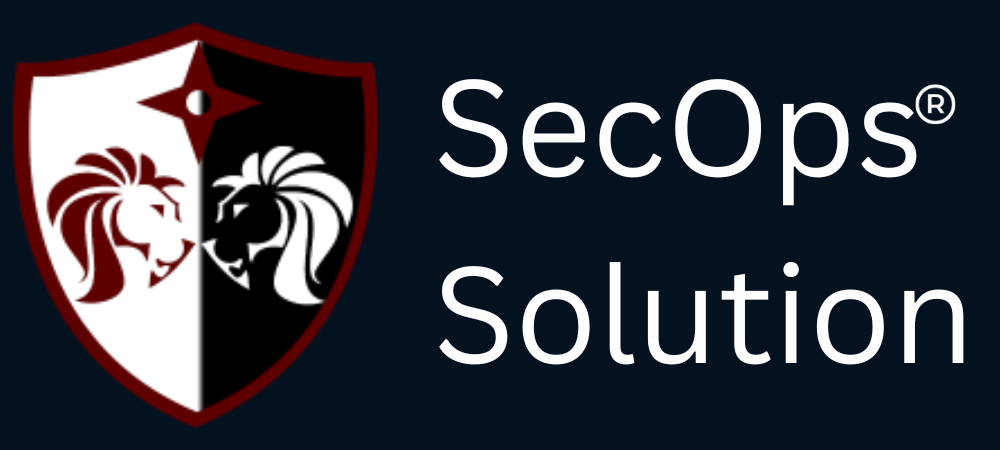
Agentless security for your infrastructure and applications - to build faster, more securely and in a fraction of the operational cost of other solutions

hello@secopsolution.com
.png)
DevSecOps (development, security, and operations) is an approach to software development that combines security activities at every level of the software development lifecycle to produce reliable and secure products.
The main objective of DevSecOps is to incorporate testing, triage, and risk mitigation in the early stage of CI/CD workflow to avoid the time-consuming and frequently expensive consequences of making a patch after the fact. DevSecOps transform application and infrastructure security from being the unique duty of a security silo to being a shared responsibility of development, security, and IT operations teams.
DevSecOps, which places a strong emphasis on integrating security at every level of the development process, is proving to be a more secure method of development while keeping up with the speed of the present-day quick-release cycle.
Automotive: Long cycle times are reduced by DevSecOps while still guaranteeing that software compliance standards like MISRA and AUTOSAR are met.
Improved, proactive security: From the very beginning of the development cycle, DevSecOps introduces cybersecurity procedures. Code is examined, audited, scanned, and tested for security flaws at various stages of development. As soon as they are discovered, these problems are resolved. Prior to the introduction of new dependencies, security issues are fixed.
Cross-team ownership: DevSecOps creates a collaborative cross-team strategy by bringing development teams and application security teams together early in the development process. Instead of fragmented, segmented operations that inhibit innovation and even cause discord among company segments.
Rapid security vulnerability patching: Introduce risk-reducing security solutions that also give teams knowledge so they can respond fast when vulnerabilities are found. The capacity to recognize and fix common vulnerabilities and exposures (CVE) decreases as DevSecOps incorporates vulnerability screening and patching into the release cycle.
Automate security procedures for the CI/CD environment: The CI/CD environment places a strong emphasis on speed. In order to incorporate security in this setting, automation is required, as is integrating the crucial security controls and testing throughout the development process. To allow real-time vulnerability detection, it is also essential to incorporate automated security testing into CI/CD pipelines.
Carry out threat modeling: Threat modeling can assist you in identifying the weak points in your assets' defenses and addressing any gaps. Your infrastructure's riskiest events may be found using Forcepoint's Dynamic Data Protection, which can also help you incorporate the essential security measures into your DevSecOps workflows.
Boost cooperation between security and developers: The DevSecOps guiding principles support removing barriers between engineering and security teams, just as the DevOps concept does for those between engineering and operations teams.
SecOps Solution is an award-winning agent-less Full-stack Vulnerability and Patch Management Platform that helps organizations identify, prioritize and remediate security vulnerabilities and misconfigurations in seconds.
To schedule a demo, just pick a slot that is most convenient for you.